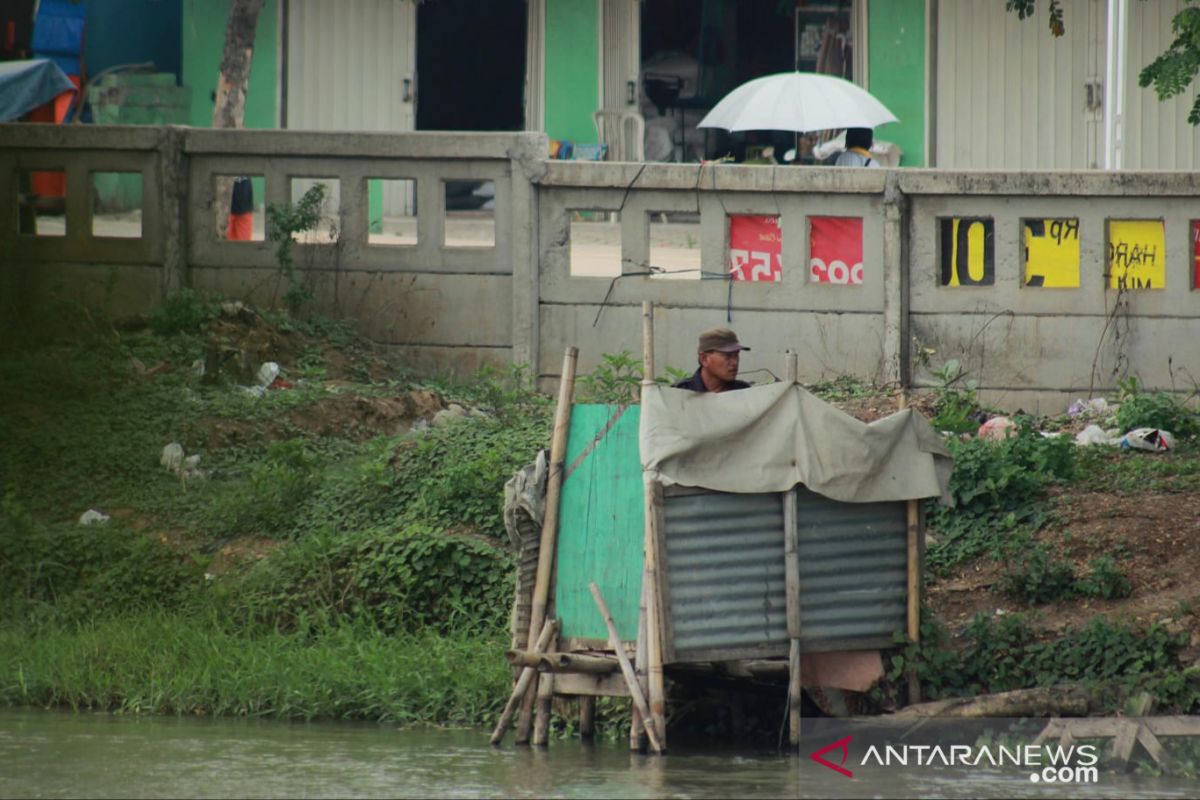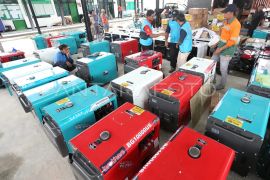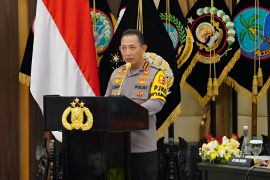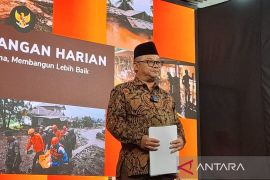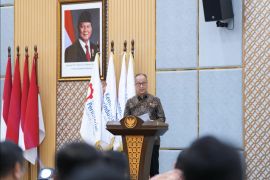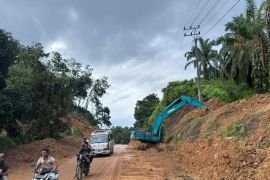Bekasi District's People’s Housing, Settlement, and Land Authority Head Yayan Yuliandi stated that the program will commence by mid-September, with a total budget allocation of Rp23.7 billion (around US$1.6 million).
"This program is aimed at changing the residents’ habits. Toilets constructed under this program would be in the residents' houses instead of public toilets," Yuliandi stated in Cikarang, Friday.
The toilet construction program was planned following research on toilet availability conducted last year that revealed over 10 thousand residences in Bekasi District are built without an in-house toilet. Residents in houses without toilets have to resort to utilizing makeshift toilets constructed above rivers, he added.
"Construction of the toilets would proceed in stages and continue until 2024. We expect no more makeshift toilets in rivers after the toilets are constructed," he stated.
Related news: Need to make clean water, sanitation priority: Indrawati
He elaborated that budget for the program will be sourced from the central government contributing around Rp10.9 billion (around US$752 thousand) for the construction of 1,557 toilets and the Bekasi District authority allocating Rp12.8 billion (around US$883 thousand) for the construction of 930 toilets.
Yuliandi explained that the central government’s budget will be allocated for roofless toilets, with Rp7 million allocated for each toilet, while the Bekasi District authority will allocate Rp13 million per standalone toilet. The total budget for the toilet includes the toilet cubicle and the drainage system, he added.
"On account of the different allocation purposes, those, who obtained the benefit from the district budget, will receive a standalone toilet, while recipients of the central government fund will receive a roofless toilet. Hence, we urge residents to be careful and understand this," he noted.
Yuliandi informed that under the research, data was collected of owners of houses without toilets along with their house ownership proof, thereby easing the distribution of benefits, as prospective recipients had been identified earlier.
"We arrange for the toilet construction work to be conducted by the local community, and the beneficiaries could oversee the progress in construction and the budget utilization," Yuliandi stated. (
Related news: Indonesian Army pledges to build one million toilets
Translator: Pradita KS, Nabil Ihsan
Editor: Suharto
Copyright © ANTARA 2021
